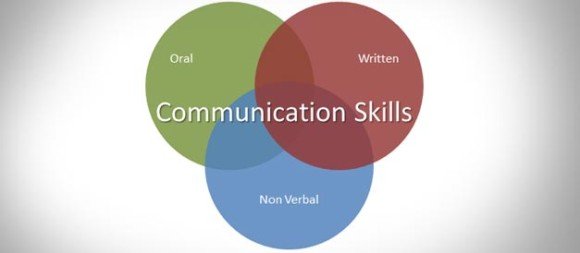Communication Skills in the Workplace
Last updated on April 19th, 2024
Whether you are the manager or the subordinate, communication forms the most vital part of your everyday work methodology. We are communicating a message at every stage, not necessarily verbally, it can be written or even through our gestures.

Your communication skills at your workplace defines the rate of advancement of your learning curve too. With interpersonal communication, there are no limitations of ways of expressing your thoughts and ideas, but the hiccup comes when you apply the incorrect method or your approach goes wrong.
Here we will discuss a few communication techniques, their application and relevance in the executive sector:
Verbal Conversation
This is crucial and applies to all sectors beginning with your bosses, assistants, ones lower in hierarchy than you. Be eloquent when conversing with the ones within your organization. You have to take care of your position, but also be cautious that in the process of showing respect to your senior you don’t end up sounding like a flatterer; while with your juniors you are an autocrat.
Being over friendly might be taken as a sign of unprofessionalism. Maintaining a balance is not difficult, it is just that you have to take well-thought out stance when talking to each of these categories. May be that is why they say, ‘Being diplomatic is not always bad.’
Even when conversing verbally with those outside the organization but linked to it, for instance prospects, buyers, sellers etc. You have to maintain the proficient and practiced methods. Do not ever take chances with this category.
Non-verbal Communication
Well! let’s begin with the famous line, ‘actions speak louder than words.’ Whether it is written or through your body language, it is complex and a delicate matter too. There are more chances of people interpreting you wrong or in other words according to their perception.
Non verbal communication is a knotty subject and people often study to understand and specialize in it. Your eye-contacts, posture, hand movements, standing position and even facial expressions speak more about you than your actual self.
For instance, when someone does not look into your eyes while talking, it shows dishonesty or lack of confidence. Sitting with crossed arms is a display of internal discomfort and many more.
Apart from these, you should take care of some minute but important points too:
Enunciate don’t annunciate
Your words should not sound like you are broadcasting something, rather they should have a subtly strong effect.
Speak calmly and clearly
Pronouncing every word with clarity is very important. Your voice should be clear and do not speak like you have a train to catch. Take your time and give time to others to understand what you are trying to put forward.
For effective communication these points are to be followed at every step, that too thoroughly.
